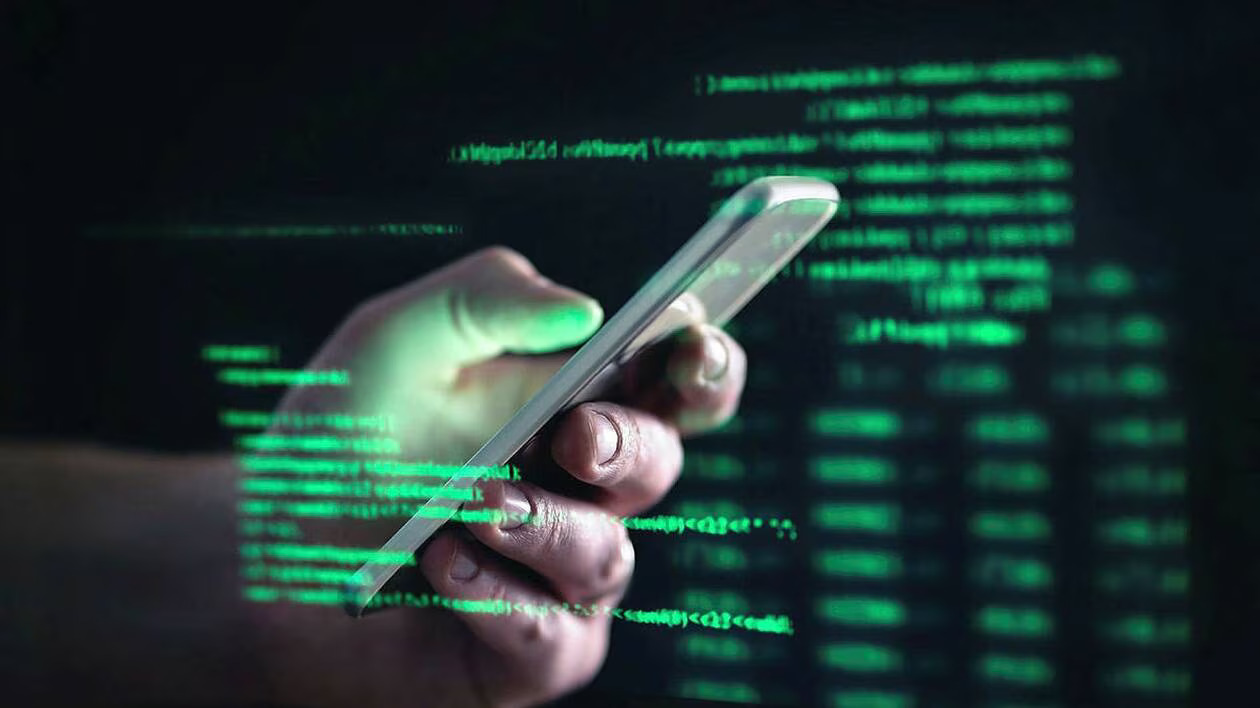Marrakech – Morocco has escalated its legal challenge against German newspapers to the Federal Court of Justice (Bundesgerichtshof) in Karlsruhe. The hearing, scheduled for November 11, will determine whether foreign states can pursue defamation claims against media outlets for allegations they consider unfounded.
According to German media, Morocco is contesting previous lower court dismissals in a case that could set a major legal precedent. Morocco’s continued pursuit of this case demonstrates its firm stance against what it considers baseless accusations in the Pegasus spyware controversy.
The dispute began with 2021 reports published by Zeit Online and Süddeutsche Zeitung, which claimed Moroccan security services used the Israeli-developed Pegasus software to target prominent European figures.
Morocco has repeatedly denied these allegations, maintaining it never acquired a Pegasus license and asserting that such claims aim to damage its reputation on the international stage.
The German publications were part of an international investigative consortium coordinated by Forbidden Stories and technically supported by Amnesty International’s Security Lab.
Their reports alleged surveillance of human rights defenders, journalists, lawyers, and high-profile politicians, including French President Emmanuel Macron and former European Council President Charles Michel.
Morocco filed complaints against both news outlets in 2021, seeking to prevent German media from publishing these accusations.
However, both the Hamburg Regional Court (Landgericht) and the Hanseatic Higher Regional Court (Hanseatisches Oberlandesgericht) rejected Morocco’s lawsuit, ruling that foreign states cannot invoke personal rights protections under German defamation law.
The Hamburg court decisions established that “foreign states do not belong to the group of legal subjects protected by defamation offenses” and that they “do not possess a general right to personality.” This interpretation has left Morocco without legal recourse in lower courts.
The Pegasus software, developed by Israeli company NSO Group, reportedly exploits security vulnerabilities to remotely infiltrate smartphones, accessing user data and enabling surveillance of communications and movements. NSO Group maintains secrecy around its client and target lists, though it has denied targeting Macron specifically.
In the investigation, 37 smartphones were physically examined by Amnesty International’s laboratory. Of these, 23 were successfully infected with the malware, while the other 14 showed traces of attempted attacks. The Canadian IT security lab Citizen Lab at the University of Toronto independently confirmed these findings.
However, many researchers and organizations have disputed such claims. Even Spain’s 2023 Annual National Security Report made no reference to Morocco in the espionage section, despite repeated allegations linking the country to Pegasus during the 2021 crisis with Madrid and the reported targeting of Prime Minister Pedro Sánchez.
Despite consecutive legal setbacks, Morocco has taken its case to Germany’s highest civil court. The Sixth Civil Senate of the Federal Court of Justice, which specializes in personal rights matters, will now address whether a foreign state can exercise legal actions against domestic media for alleged reputational damage.
German jurisprudence has previously held that the German state itself has no fundamental right to honor protection. No previous Supreme Court ruling has addressed whether foreign states can claim such protections under German media law.
Read also: Spanish Government Defends Morocco Against ‘Baseless’ Accusations by Popular Party
The Hamburg Higher Regional Court specifically noted press freedom concerns in its decision, arguing that extending defamation protections to foreign states would excessively restrict journalistic expression, particularly when reporting on international matters where research opportunities are already limited.
For Morocco, the case represents an opportunity to defend itself against allegations it views as damaging to its international image. Morocco’s determination is evident in its pursuit of legal remedies despite previous unfavorable judgments.
In a similar case, the French Court of Cassation confirmed in September 2024 that a comparable complaint against Parisian media was inadmissible, further indicating the legal challenges Morocco faces in European courts.
The November hearing at Karlsruhe could potentially establish unprecedented guidelines for media law in Germany, with direct implications for how foreign states can respond to press coverage they dispute.
